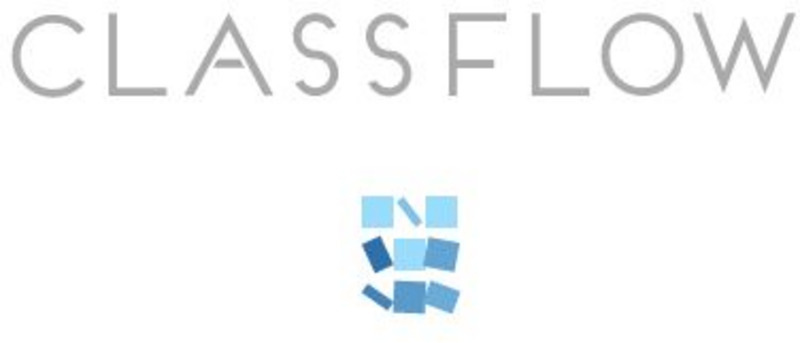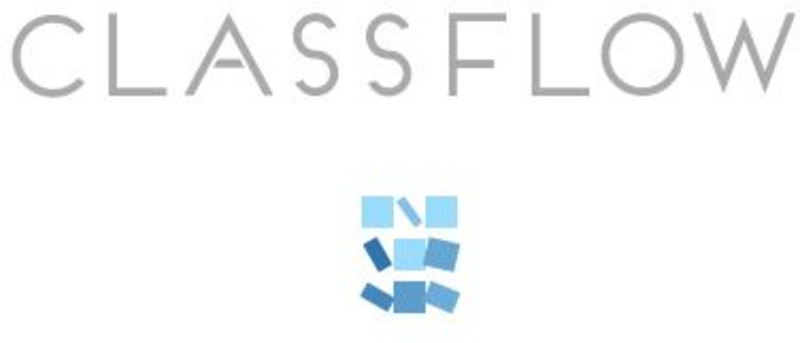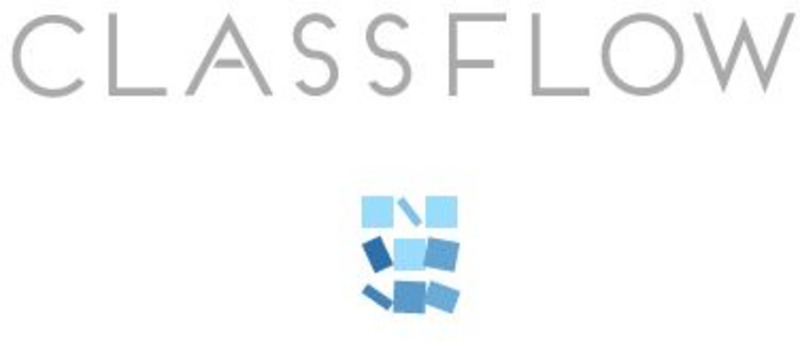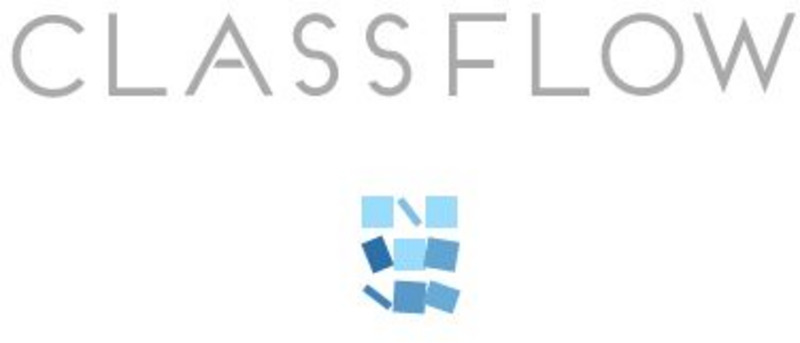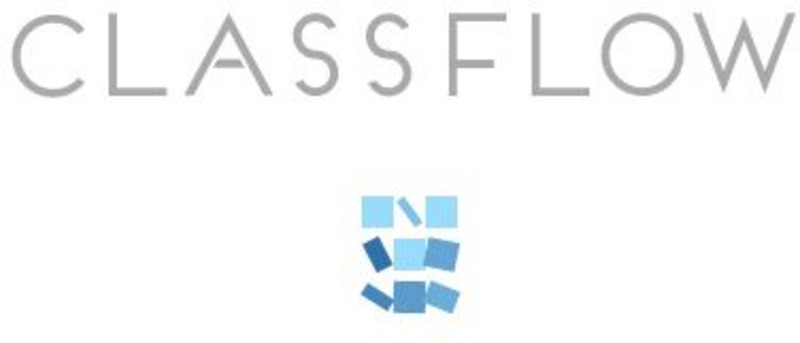Alabama Learning Exchange
Alex: Pass the Punctuation, Please!
During this lesson students will listen to the story, Noisy Nora by Rosemary Wells and identify punctuation used in the story. Students will also play games to strengthen knowledge of punctuation usage. They will then use the Internet to...
PBS
Pbs Learning Media: How to Use the Correct Capitalization
Capitalizing is extremely important. Not only is it proper writing, but it also makes writing look polished and finished. Learn what should be capitalized and what shouldn't! [0:53]
PBS
Pbs Learning Media: Using Commas and Quotations
Quotations and commas are two very useful punctuation tools that indicate dialogue and brief pausing in sentences. Learn how to use them correctly! [0:46]
PBS
Pbs Learning Media: How to Introduce Lists and Quotes With Colons
Colons are punctuation marks that can signal a quotation. However, to use colons correctly, whatever comes before the colon must be a complete sentence. Know when and how to use colons! [0:45]
PBS
Pbs Learning Media: Sentence Fragments
Sentence fragments can't stand alone, because they do not express a complete thought. Run-ons put two complete sentences together in one sentence without separating them. [0:35]
PBS
Pbs Learning Media: How to Link Clauses With Semicolon
Semicolons join two closely related independent clauses in a single sentence. Without these, there would be run-on sentences that no one could slow down! [0:57]
PBS
Pbs Learning Media: Using Punctuation for Breaks and Pauses
Punctuation indicates how one should read any sentence. Commas, for example, indicate when a reader should take a brief pause, either for emphasis or for comprehension. [0:40]
PBS
Pbs Learning Media: How to Punctuate Items in a Series
Another way to confuse readers or audiences is not using commas and conjunctions when listing items in a series. Always use a comma in between items in a series, and use a conjunction before adding the last item in a list. [0:44]
PBS
Pbs Learning Media: How to Use Commas With Conjunctions
Conjunctions can join two separate clauses, but sometimes they need commas. Learn how to do so correctly with this video. [0:48]
PBS
Pbs Learning Media: Forming and Using Possessive Nouns
Possessives show when a noun belongs to someone. It is often indicated with an apostrophe "s", but when words end in "s" only an apostrophe is added.
Khan Academy
Khan Academy: Salutations, Valedictions, Dates, and Addresses
Commas are needed when starting or ending a letter/email, writing out dates, or writing out addresses.
ICT Games
Ict Games: Writing Repeater
Use the mouse to write words and then save them into word lists.
Courseware Solutions
Wordville: Commas: A Fun Way for Kids to Practice Using Commas
In this activity, students add commas as needed to friendly letters. As they click where the commas belong a dragonfly or a butterfly inserts the commas.
Google
Using Commas in Sentences [Pdf]
Students write their own sentences that each includes a series of words to punctuate correctly.
Roy the Zebra
Roy the Zebra: High Frequency Words Singular or Plural Game 3
An interactive game to help student practice with singular and plural forms of words. Sort words into singulars and plurals, and then choose an item to give Lucy the elephant to help he decorate her new home.
ClassFlow
Class Flow: Punctuation
[Free Registration/Login Required] This flipchart introduces students to punctuation and focuses on question marks and periods at the ends of sentences.
ClassFlow
Class Flow: Second Grade Daily Oral Language
[Free Registration/Login Required] Students will demonstrate their ability to find and correct: grammar errors, capitalization errors, and punctuation errors.
ClassFlow
Class Flow: Special Names
[Free Registration/Login Required] Through these activities, students begin to demonstrate control in the writing process.
ClassFlow
Class Flow: Spelling Rules
[Free Registration/Login Required] Help students to investigate and learn spelling rules for -ie and learn exceptions.
ClassFlow
Class Flow: Tense Irregular
[Free Registration/Login Required] This flipchart will help students to understand and spell irregular verbs (e.g, go/went).
ClassFlow
Class Flow: Words Unit
[Free Registration/Login Required] This flipchart makes students put together a string of words to make sentences.
ClassFlow
Class Flow: Writing Complete Sentences From a Question
[Free Registration/Login Required] Using this flipchart, students can practice using words from a question to give an answer in a complete sentence.
ClassFlow
Class Flow: Apostrophe Contractions
[Free Registration/Login Required] Students will use the apostrophe to create contractions (e.g. don't, can't)
ClassFlow
Class Flow: Chicka Chicka Boom Boom
[Free Registration/Login Required] Beginning of year - Letter introduction with review of story, its elements, rote counting and numeral writing.





![Using Commas in Sentences [Pdf] Unknown Type Using Commas in Sentences [Pdf] Unknown Type](https://content.lessonplanet.com/knovation/original/114622-fb71d9e89118f571f18c73a9be7e9bb9.jpg?1661560120)


